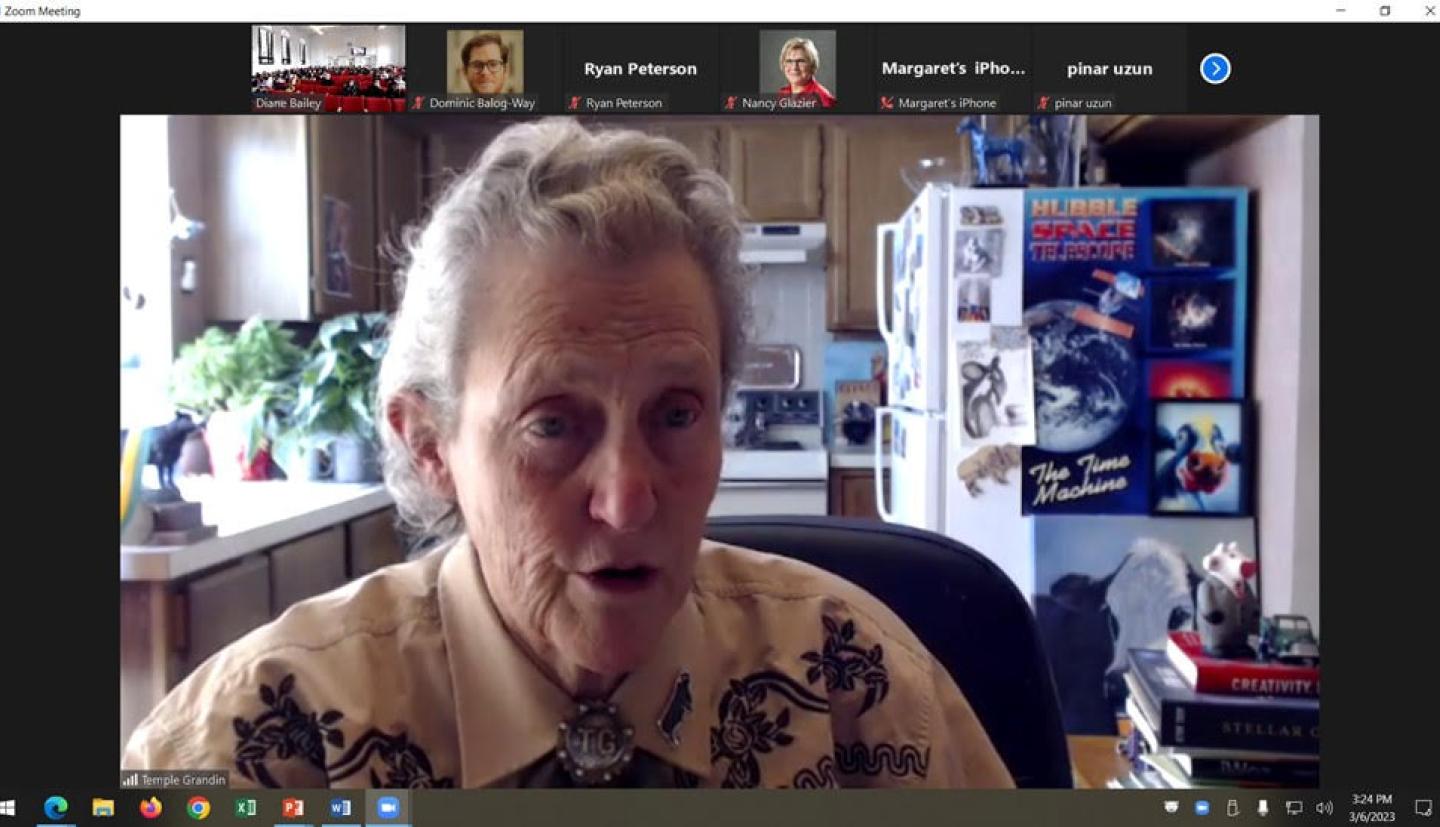Events
Join us for COMMColloquium this Friday, February 10, at 4:00 pm in 160 Mann Library Building. Professor Poppy McLeod will present “Harnessing the Power of Groups for Addressing the Climate Crisis.” The colloquium is followed by a reception, located in The Hub of the Department of Communication. Note the special time and location for this colloquium only.
As part of the library’s Threads of History: Textiles Across Cornell series, Professor Katherine Sender is presenting her film, Threads: Sustaining India’s Textile Tradition, followed by a Q&A. The event takes place Tuesday, April 11, at 4:00 in 102 Mann Library Building.
Invited Lectures
Assistant Professor Monica Cornejo delivered a lecture as part of the Latina/o Studies Fridays with Faculty Luncheon Seminar. One highlight was a discussion of her undocumented DACA status, which makes her one of the first, if not the first, tenure-track undocumented Cornell faculty member. According to Monica, “I want students and faculty to know that being undocumented has many barriers, but with support of our “village,” we can reach and move past an academic glass ceiling. To this end, my research lab’s mission centers a communication lens to examine the experiences of undocumented communities to create various informational and resource-centered pathways for undocumented communities to reduce some of the barriers they experience in the United States.”
Publications
Postdoctoral Associate Jiawei Liu and Professor Jeff Niederdeppe, February 2023, “Effects of Communicating National Lifetime Risks and Screening Rates of Colorectal Cancer and Breast Cancer,” Risk Analysis. According to their findings, people overestimated colorectal/breast cancer lifetime risks but underestimated colorectal/breast cancer screening rates. Communicating the national lifetime risk of dying from colorectal/breast cancer lowered people’s national risk estimates, which in turn was associated with lower perceived cancer risks for themselves. In contrast, communicating the national colorectal/breast cancer screening rate increased people’s estimates of the prevalence of cancer screening, which in turn was associated with higher perceived self-efficacy to engage in cancer screening and greater screening intentions. Efforts to promote cancer screening may benefit from messages that include data on national cancer screening rates but may not benefit from including national rates of lifetime cancer risks.
Peter Enns and Associate Professor Jon Schuldt, “Despite Party Differences, Democrats and Republicans Overwhelmingly Say They'll Help Each Other,” February 2023, 3Streams. In the first op-ed from their NSF-funded Collaborative Midterm Survey, they use a newly developed set of survey questions to show that political partisans overwhelmingly say they will help and act kindly toward their fellow citizens, regardless of that person's politics.





